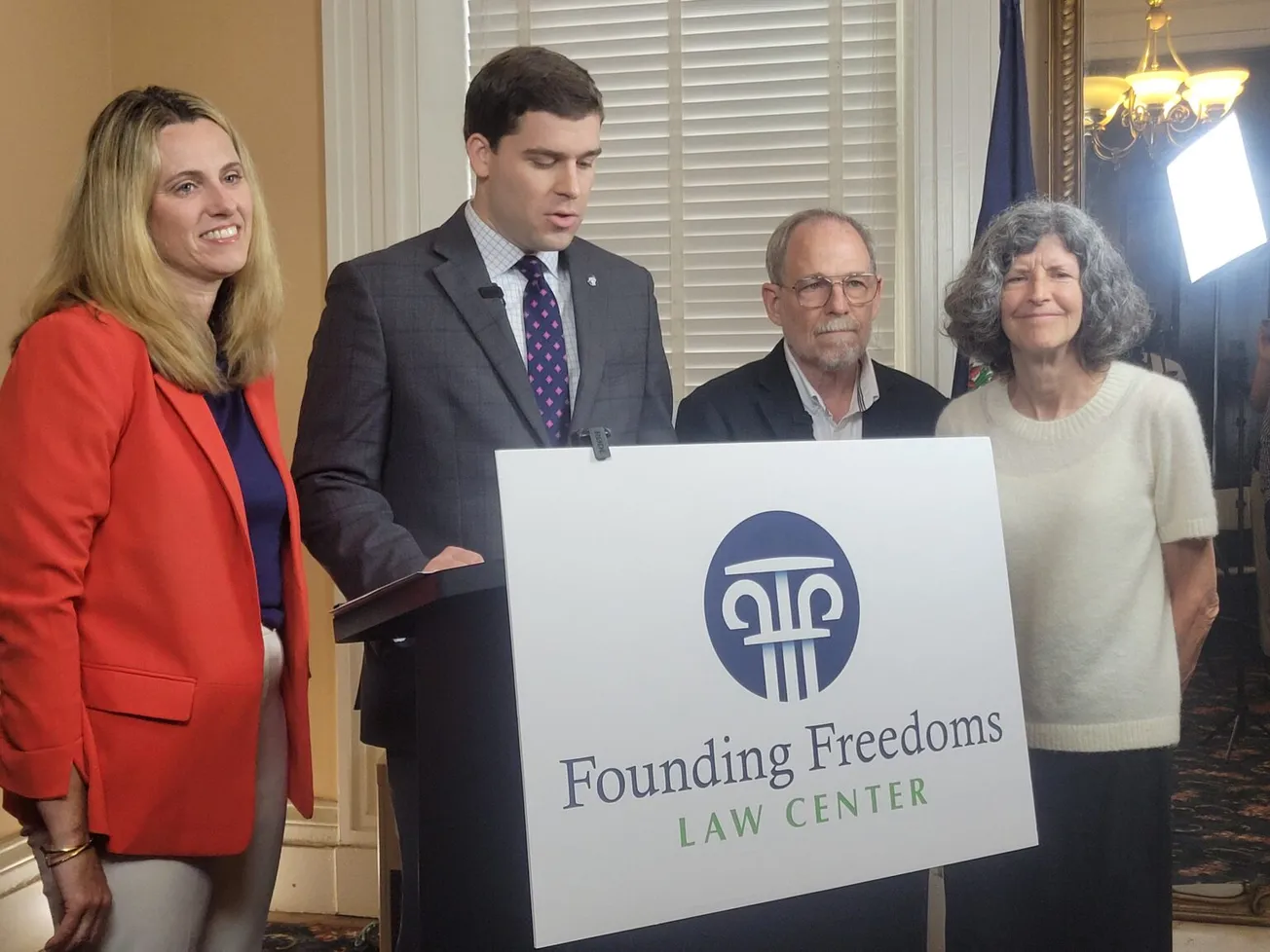Court rules talk-based conversion therapy is legal in Virginia
The therapy practice tries to influence gender or sexuality identity and has been denounced by experts for negative effects to patients’ mental or physical health

The therapy practice tries to influence gender or sexuality identity and has been denounced by experts for negative effects to patients’ mental or physical health
